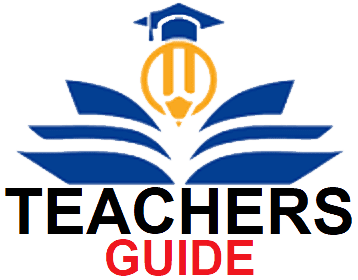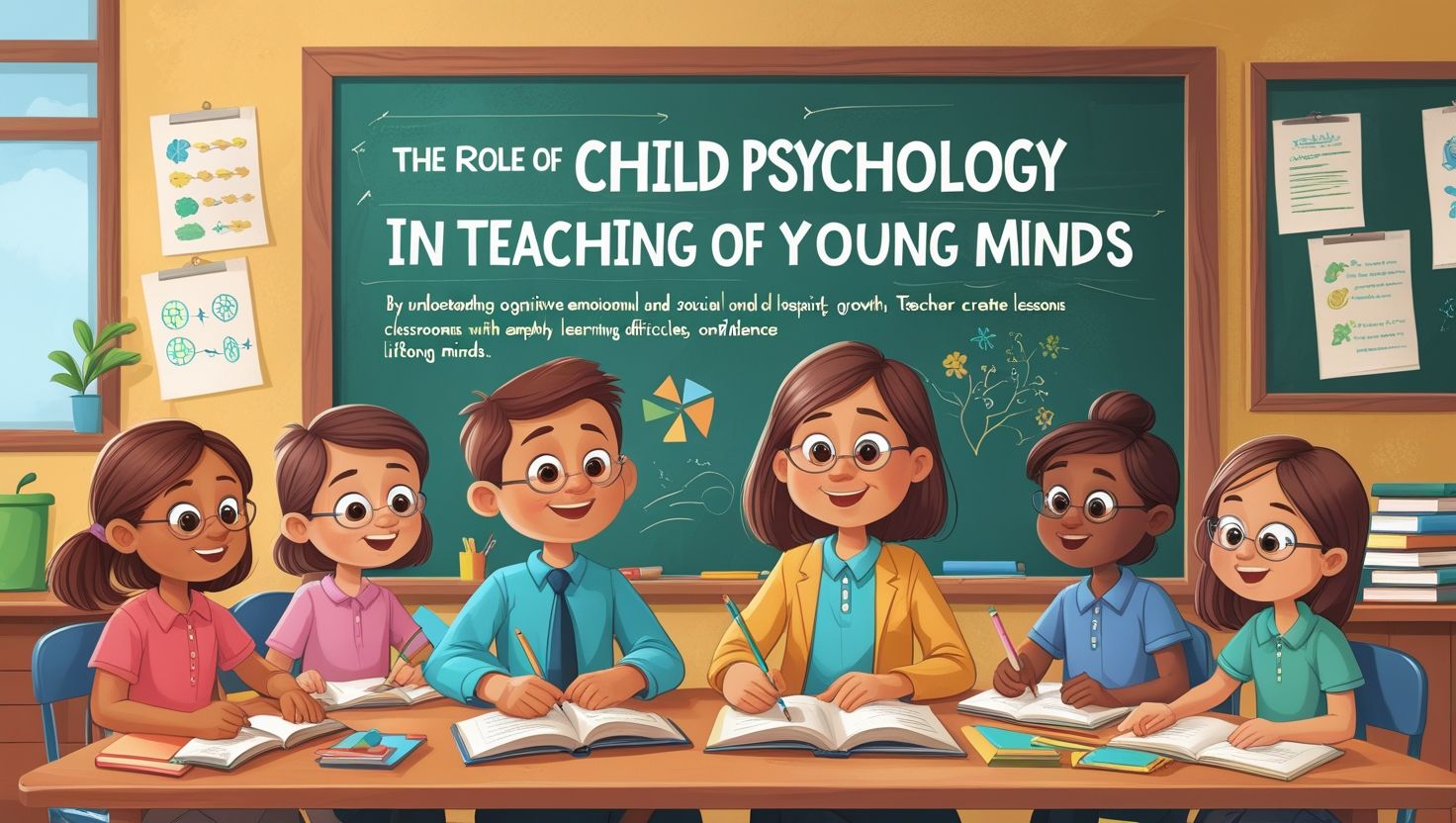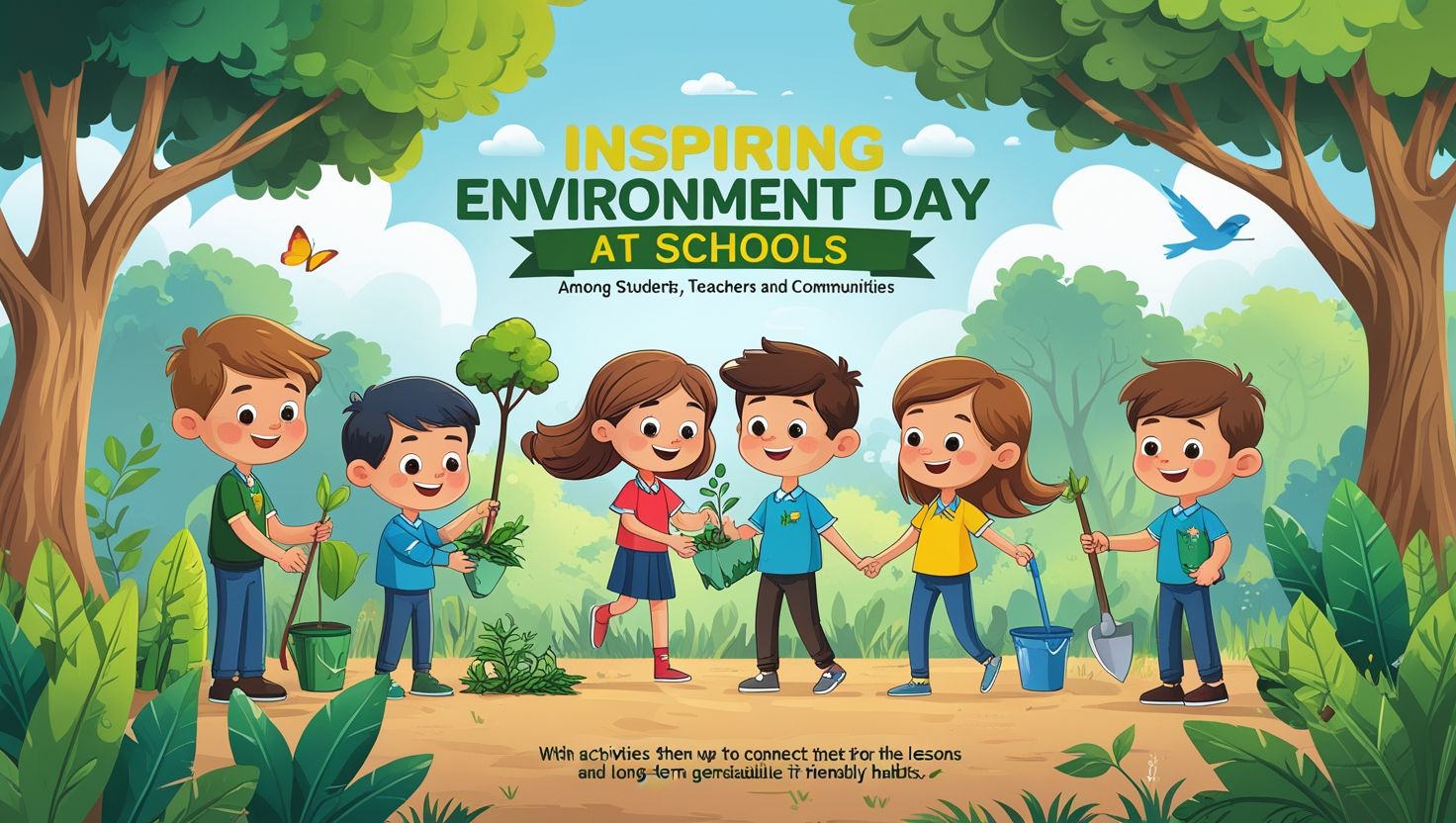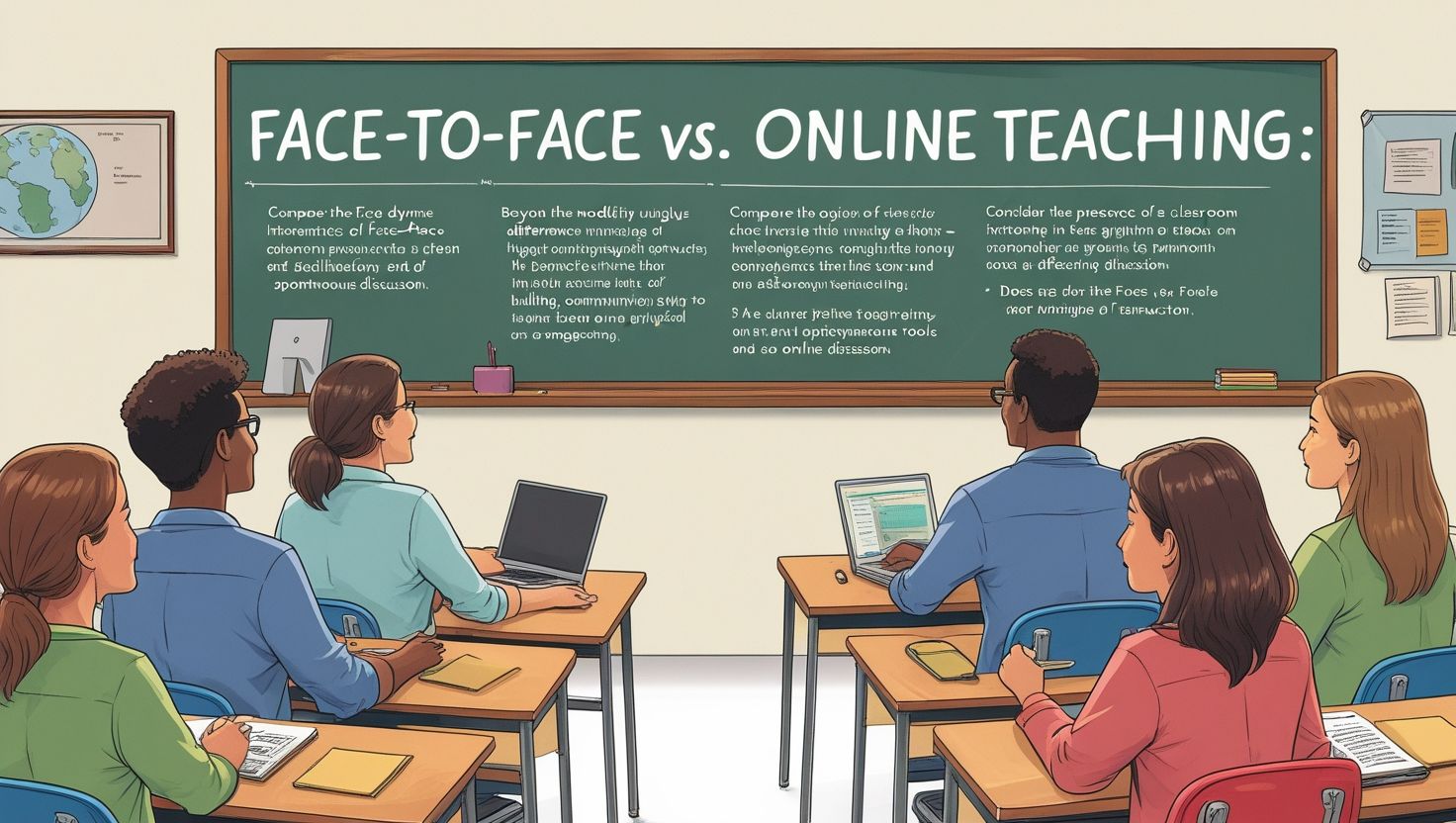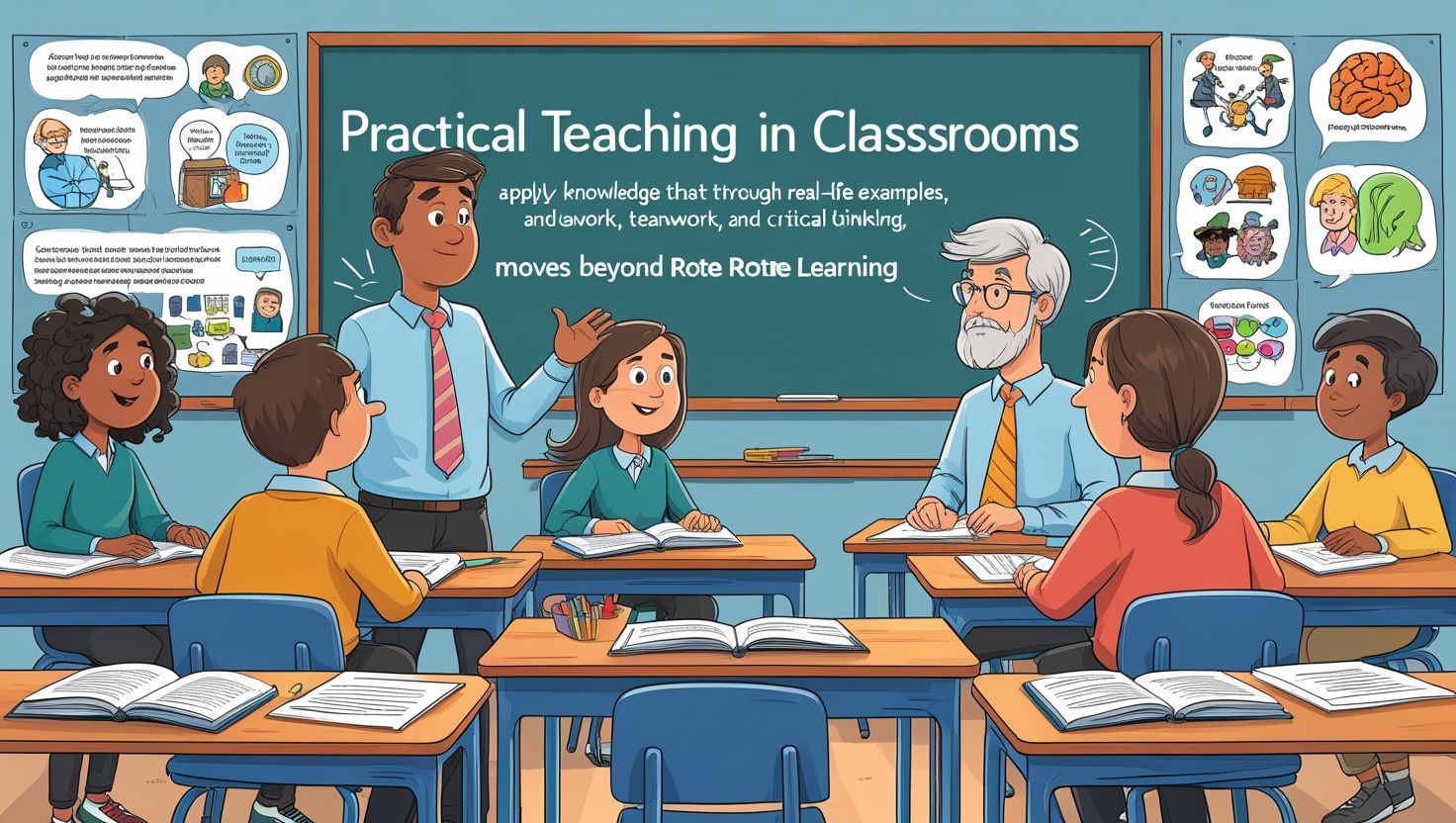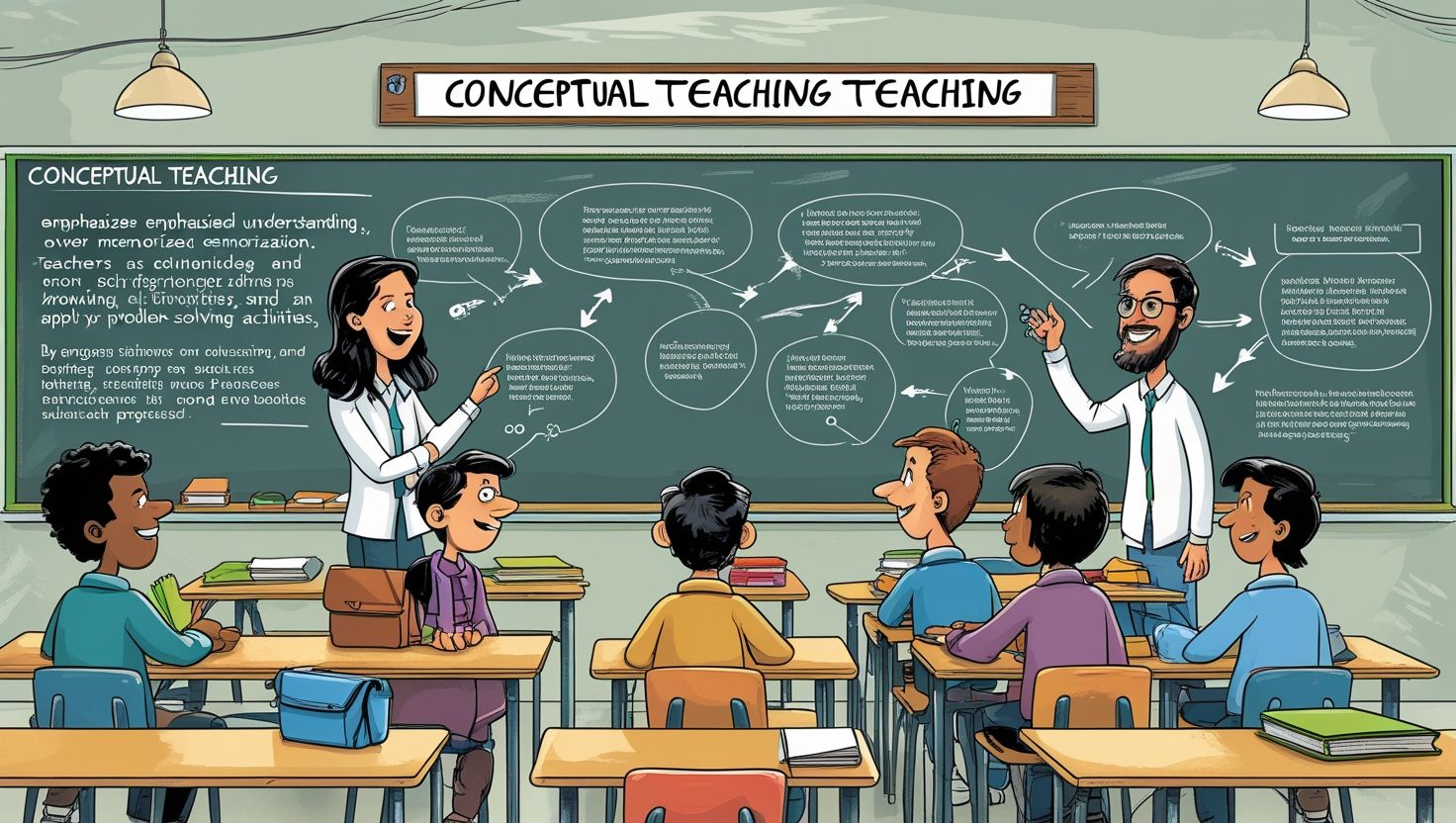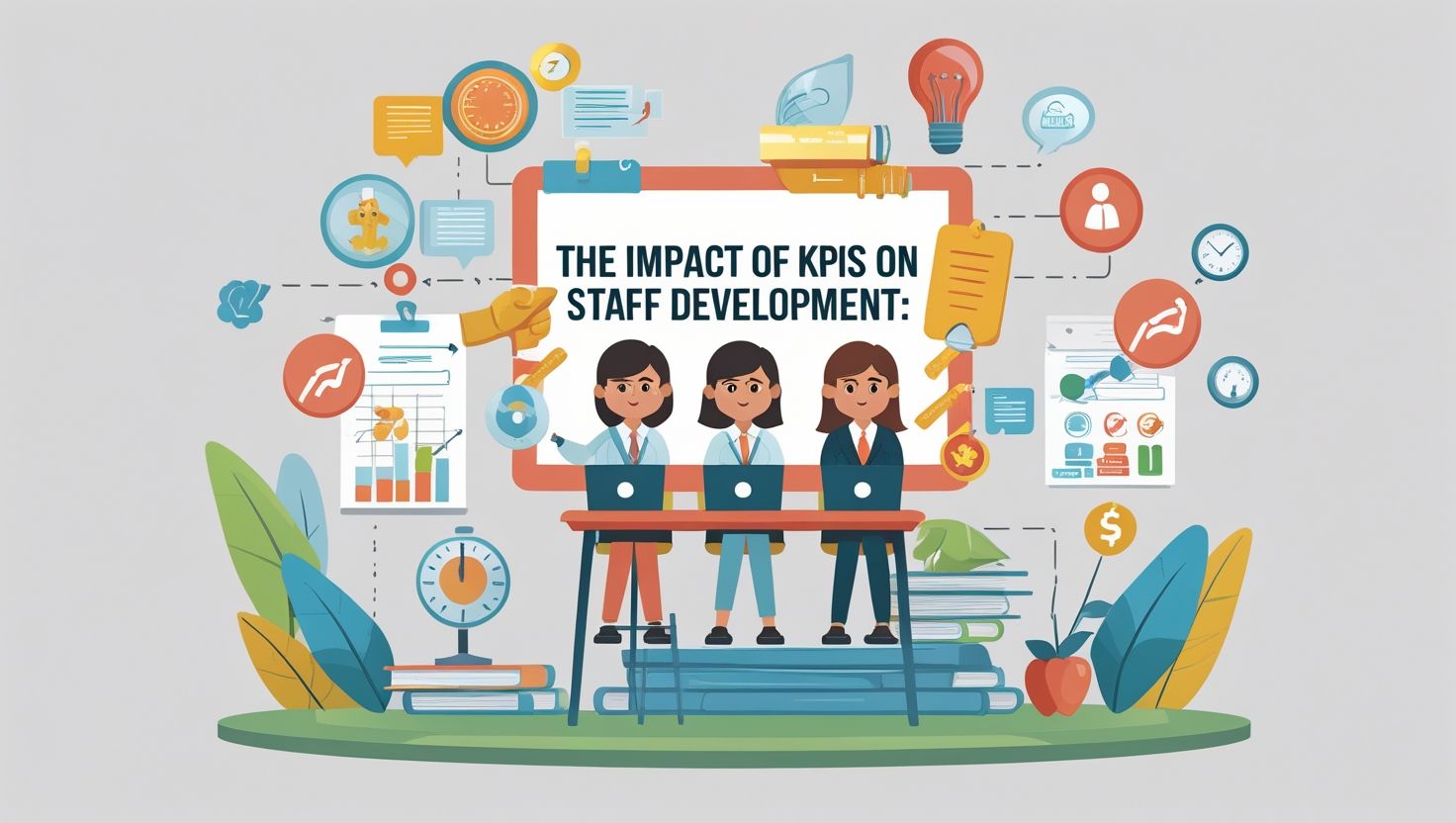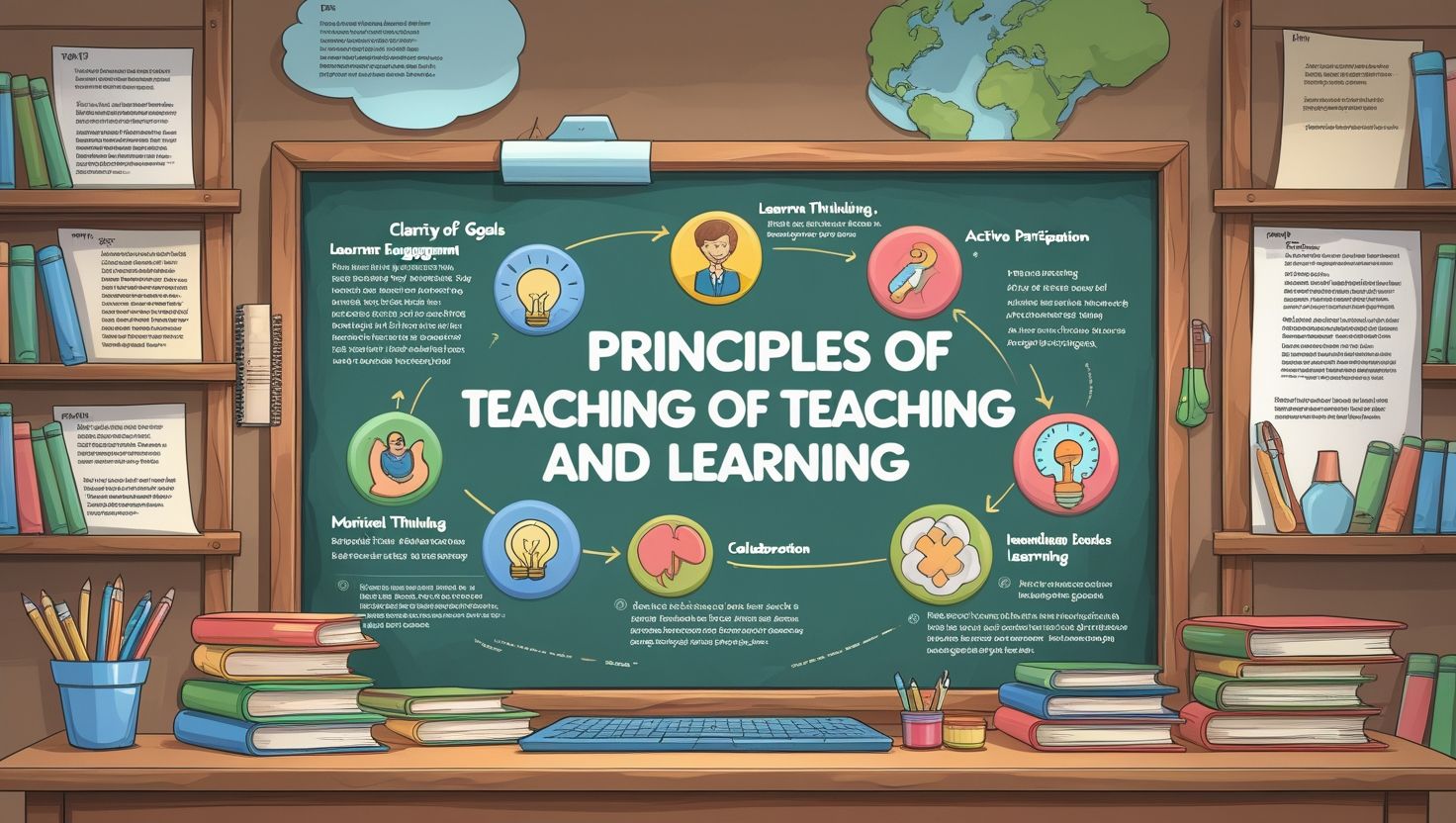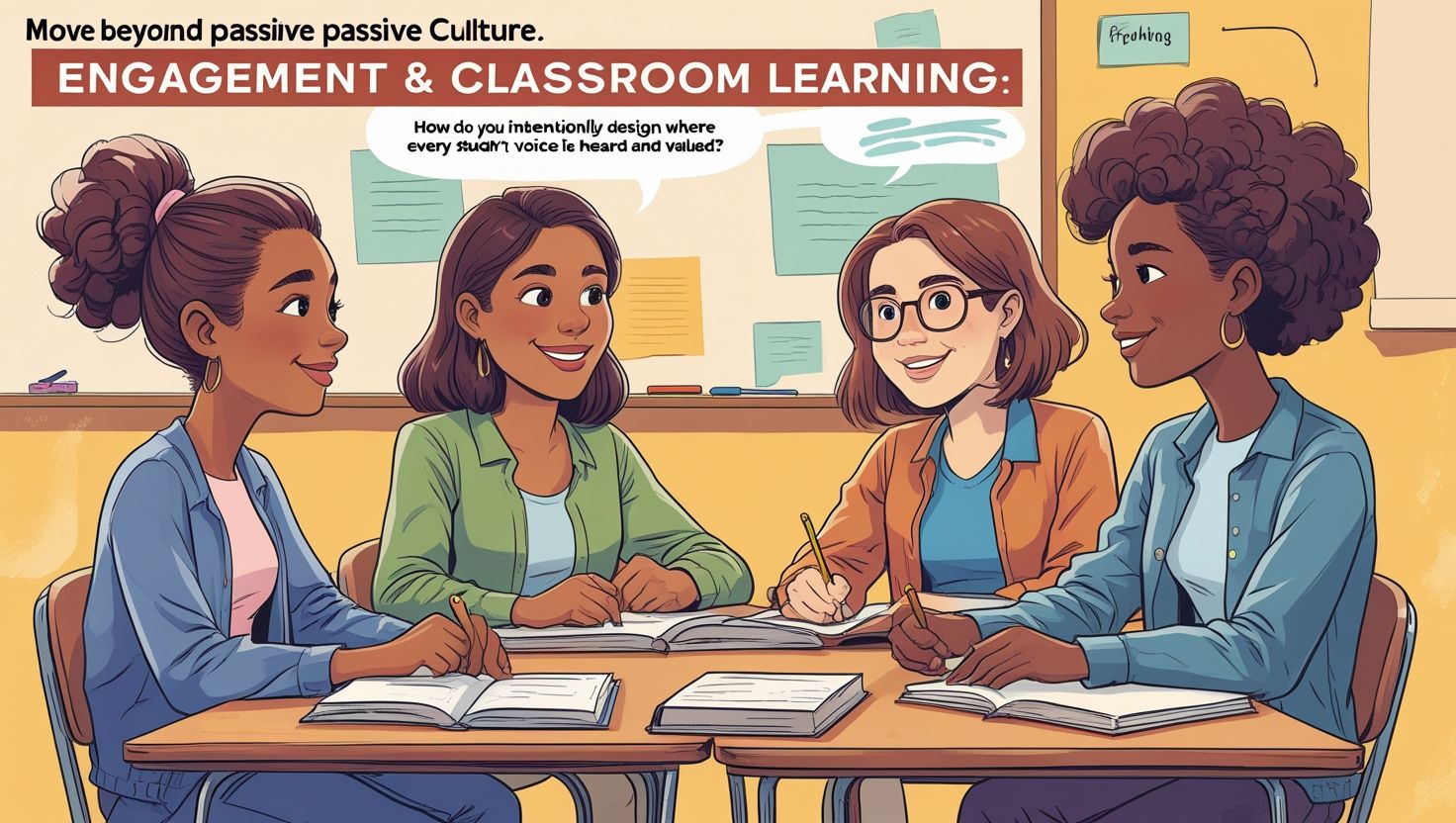Role of Child Psychology in Teaching
Introduction Role of Child Psychology in Teaching, Child psychology plays a crucial role in the teaching process. Teachers interact with learners of different backgrounds, abilities, and emotional needs. Therefore, understanding the psychological development of children helps educators design effective lessons. Moreover, it assists in identifying the best approaches to motivate learners. Child psychology is not … Read more
